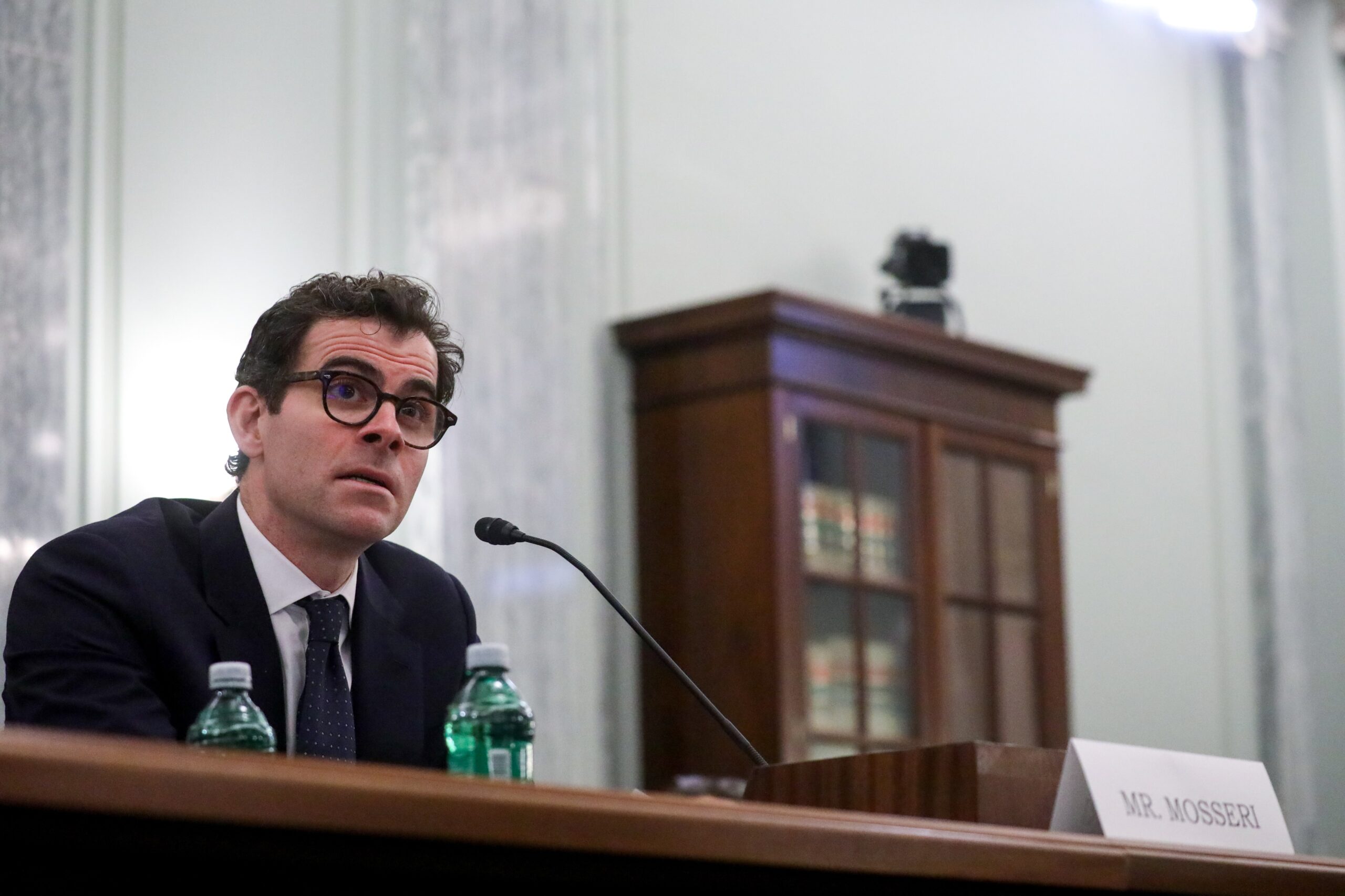Meta hides political content from news outlets and MPs on Instagram
Meta, the owner of Facebook and Instagram, has been accused of “undermining democracy” after quietly stifling political content provided by mainstream news outlets and MPs.
The social media giant has caused alarm after it began hiding political content, including news stories and messages from elected politicians, as a default.
Users, who have not been widely notified about the changes, will only see political content from accounts that they follow unless they delve through several layers of settings to turn the filter off.
The shift has caused alarm among publishers, who are concerned that their ability to deliver authoritative and trustworthy political coverage to the biggest possible audience will be curtailed.
Owen Meredith, chief executive of the publishing trade body News Media Association, said that the timing of the move, which comes in a year when more than half the world’s population go to the polls, could not have been worse.
“Coverage of local, national and global politics by trusted journalistic outlets is critical to helping the public understand and scrutinise decisions taken by politicians on their behalf,” Meredith said.
“Any attempt to weaken or diminish public access to political content — such as the decision by Meta to reduce the amount of political content available via its platforms — therefore carries the risk of undermining robust democratic engagement.”
He accused Meta of making “a cynical move and highly misguided strategy from which no party will benefit” and warned that democratic society will suffer as a result.
In a post on Meta’s Threads social network, Adam Mosseri, head of Instagram, said the changes had been made in response to demand from users to see less political content.
“If you follow political accounts on Threads or Instagram, we want to avoid getting between you and their content,” Mosseri said. “That said, we also don’t want to proactively amplify political content from accounts you don’t follow. To that end, we’re extending our existing approach to how we avoid recommending political content.”
Olivia DeRamus, founder of the female-focused social network Communia, warned that Meta’s clampdown on political discourse while it continues to grapple with misinformation and hate speech raises questions about its self-styled role as a “digital town square”.

“The echo chambers that exist are going to get much worse,” DeRamus said. “Users are no longer going to see posts that counter their viewpoints and instead there will be more space for extreme voices who are not necessarily qualified to have these conversations. We’re also going to see people become less empowered to resist the things that governments do that we might not agree with.”
She raised concerns that it remains unclear how Meta is defining “political content” and added that its position is somewhat undermined by its decision to continue to accept political advertising messages.
Baroness Stowell of Beeston, who is chairing a cross-party committee into the future of news, said the move “raises questions” about the quality of information people will have access to in an important election year.
In July, Ofcom’s news consumption report found that 37 per cent of UK adults aged 16 and above use Meta’s services as intermediaries to access news.
Nic Newman, a senior research associate at the Reuters Institute for the Study of Journalism, said that Meta was attempting to distance itself from public-interest news, which has become increasingly toxic for it to host, without providing significant benefits.
“It is likely to further reduce the amount of traffic that news publishers receive from Meta, which is already down 48 per cent from last year,” he said. “But weaning themselves off that viral treadmill may be no bad thing.”
Meta said: “Our definition of political content is content likely to be about topics related to government or elections; for example, posts about laws, elections or social topics. Social topics can include content that identifies a problem that impacts people and is caused by the action or inaction of others.
“This announcement expands on years of work on how we approach and treat political content based on what people have told us they wanted. This change does not impact posts from accounts people choose to follow; it impacts what the system recommends. And now, people are going to be able to control whether they would like to have these types of posts recommended to them.”




Post Comment